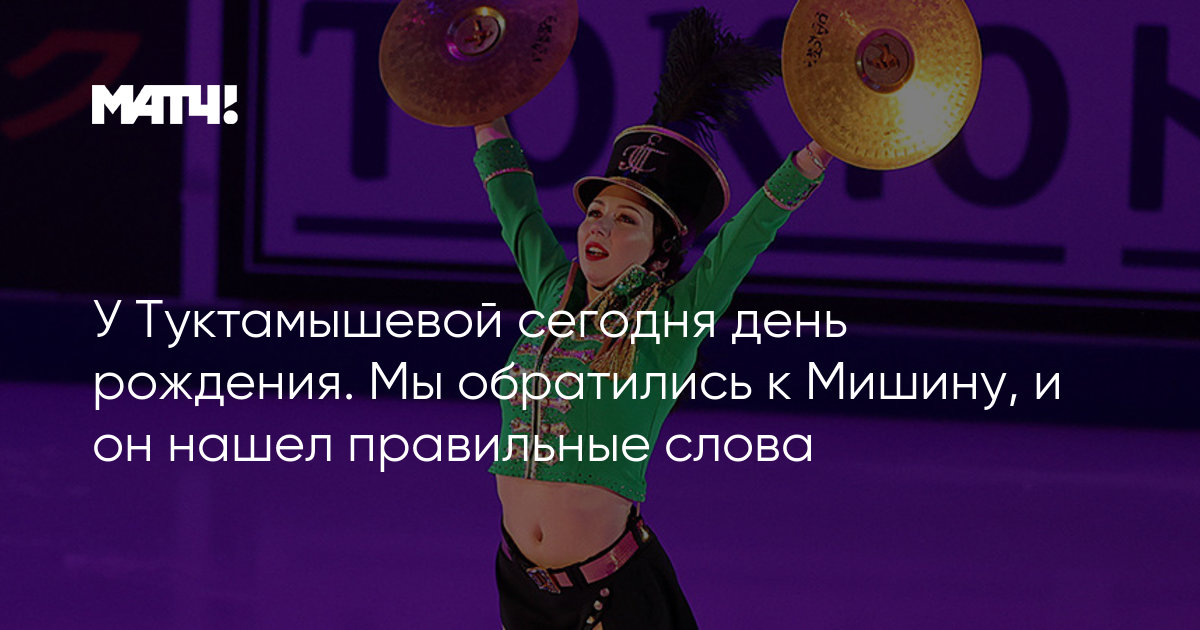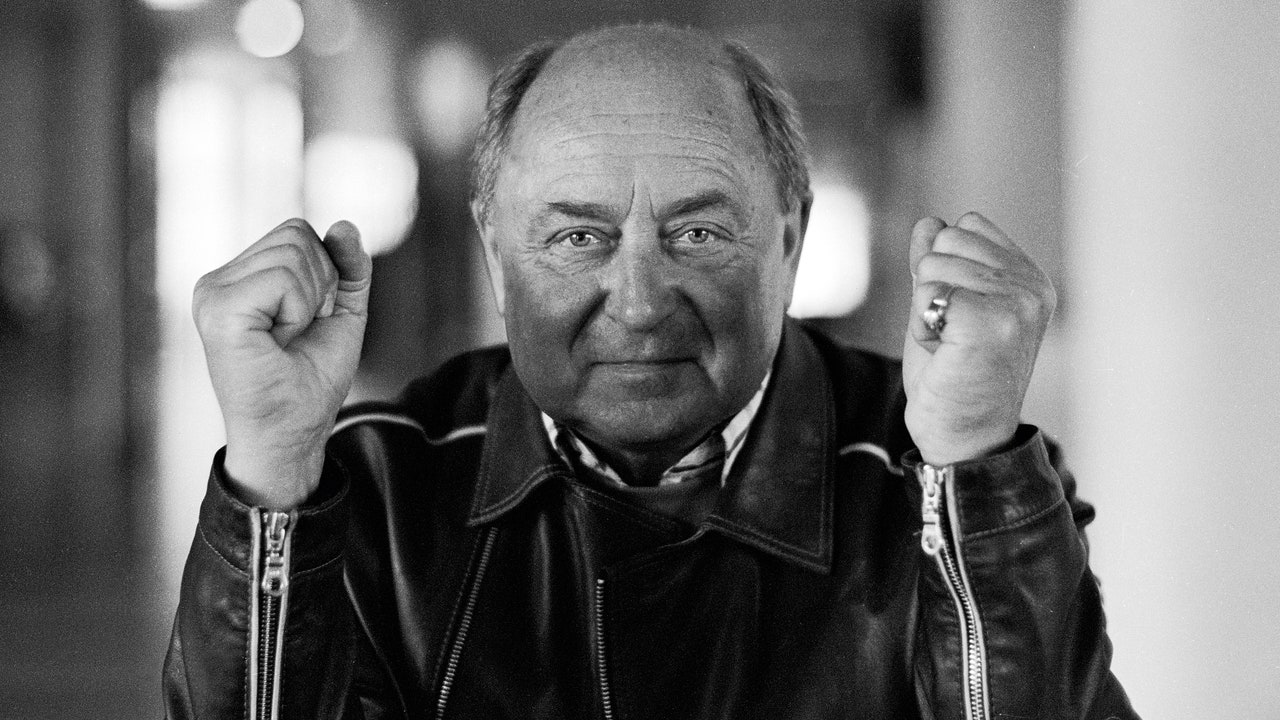Alexei Mishin - 15 thoughts for GQ Russia
Он привел Алексея Урманова и Евгения Плющенко к золоту Олимпийских игр, но на этом ледовые побоища для Мишина не завершились. В год своего 80-летия профессор фигурного катания рассказал GQ о новом ледниковом периоде.

www.gq.ru
1. About childhood
I want to disappoint you: I don’t remember Sevastopol at all - we had to move from there when I was three months old. Even now my memory is acting up, and what happened to me when I was three-months - I don't remember.
2. About the purpose
Famous hockey players say: "There was nothing else in our city but hockey, so we became hockey players." And on our street Ruzovskaya there was no other sport, except for skating behind cars in
valenki. So I became a skater.
3. About a twist of fate
When we were children, my friend and I decided to make a phone connection between our homes, because we lived next door. We cut off one telephone handset in the telephone cabin, and when we went for the second one, a policemen was already waiting there. He cut the elastic bands in our trousers, so that we would not run far away, and took us to the police. After that, my parents sent me to the figure skating section of the Zhdanov Palace of Pioneers. There were moms and dads all over the place, and my father thought it was a wonderful environment.
4. About injustice
Everyone should be born in due time. I will take Alexander Abt as an example: he is a wonderful skater, but he skated at the same time as Yagudin, Plushenko and Urmanov. Well, there was no way to get through them. Tamara (Moskvina) and I entered the sport, when at first there were the celestials - Belousova and Protopopov, and then the superstars - Rodnina and partners. Without such opponents, we would have won much larger titles. I don't regret it anymore. This is the injustice of life, which was, is and always will be.
5. About fate
It seems to a person that he is choosing something. A small boat floats along a stream, along a pond, along a river, the wind pushes it somewhere, and then carries it out into the ocean. It happened to me too. I graduated from LETI (Saint Petersburg Electrotechnical University), went to work at the Vavilov State Optical Institute and was told: "We need to formalize secrecy." In those years they were engaged in fiber optics, and this was a very secret area of research. “How? I have to go to competitions” - I said. And so the boat sailed on, not to fiber optics, but to salchows and axels.
6. About science
Applying the laws of mechanics to human bodies is the key to how I have achieved certain success. When I came to America and explained how to land jumps, people whispered: “What are you doing! Do not take lessons from Mishin, he will ruin your technique". And the basis was in a spinning motion. Not in transitions, not in moving the pushing point, but in how to execute the rotation, how the body can move in it - I devoted my first years in coaching to it.
7. About memory
I had a rather glorious sports past, but I don't remember it and don't think about it. Life is so busy. Yesterday I got a new edition of a book about jumping in figure skating, and on the cover there is already an announcement of a new one - the biomechanics of a figure skater's movement. I train, build a dacha (country house), plant trees. They say you need to remember the past, because the future is the opposite of the past. Well I don't know.
8. About moving forward
When we walk, it seems to us that we are walking in a straight line. In fact, we, as the general line of the party, are deviating to the left, and then to the right. There is no rectilinear movement in nature.
9. About the formula for success
A weak coach and a talented student will triumph over a talented coach and a weak student. Student talent is a key ingredient.
10. About armchair critics
It is unlikely that an impression of the world can be created based on what is written in the newspapers. But the Internet gives a fairly objective picture of what is happening. One of the important people in figure skating once told me: "I don't watch what they write there, it doesn't matter to me." But I read and can say that people who are called armchair critics have sometimes very mature and analytically thought-out conclusions. I am sometimes disappointed by the (social media) posts of coaches who are considered respected. But they also have breakdowns.
11. About tact
There are few talented children, athletes and coaches in St. Petersburg, but St Petersburg residents cannot be denied of the feeling of tact.
12. About ladies skating
All phenomena in the world are of an oscillatory nature. And social ones, which, of course, figure skating belongs to, are also a subject of fluctuations. Where is the famous ice dancing school now? Where are Towler and Ford? Where are Danzer and Schwartz? Where are Czech Nepela's? For many years women's single skating almost didn't exist in our country, and athletes took last places at the events.
13. About joy
The best investment is in children. This is the only way I like to spend time with my grandson Alyosha. He is six years old, and he already plays tennis, and I am very happy about that. Not that he is good at hitting the ball or skating (although he doesn't skate well). I am pleased with the very fact that he hits the ball. The very fact of his existence brings me joy.
14. About falls
Teaching how to fall is very wrong. I can hardly restrain myself from using obscene words. No way. It is methodologically, philosophically and even pedagogically wrong. No falls. This is just a nightmare.
15. About lifestyle
I'm ecstatic.
(have to say, some of his thoughts got lost in translation and due to Russian aphorisms)






 His use of the word oscillatory made me think of the very similar sounding word (well in English anyway) osculation which can be an overly fancy way to say kiss. Russian skating has given us a lot of beauty, it's like a kiss to the world.
His use of the word oscillatory made me think of the very similar sounding word (well in English anyway) osculation which can be an overly fancy way to say kiss. Russian skating has given us a lot of beauty, it's like a kiss to the world.
 ?
?